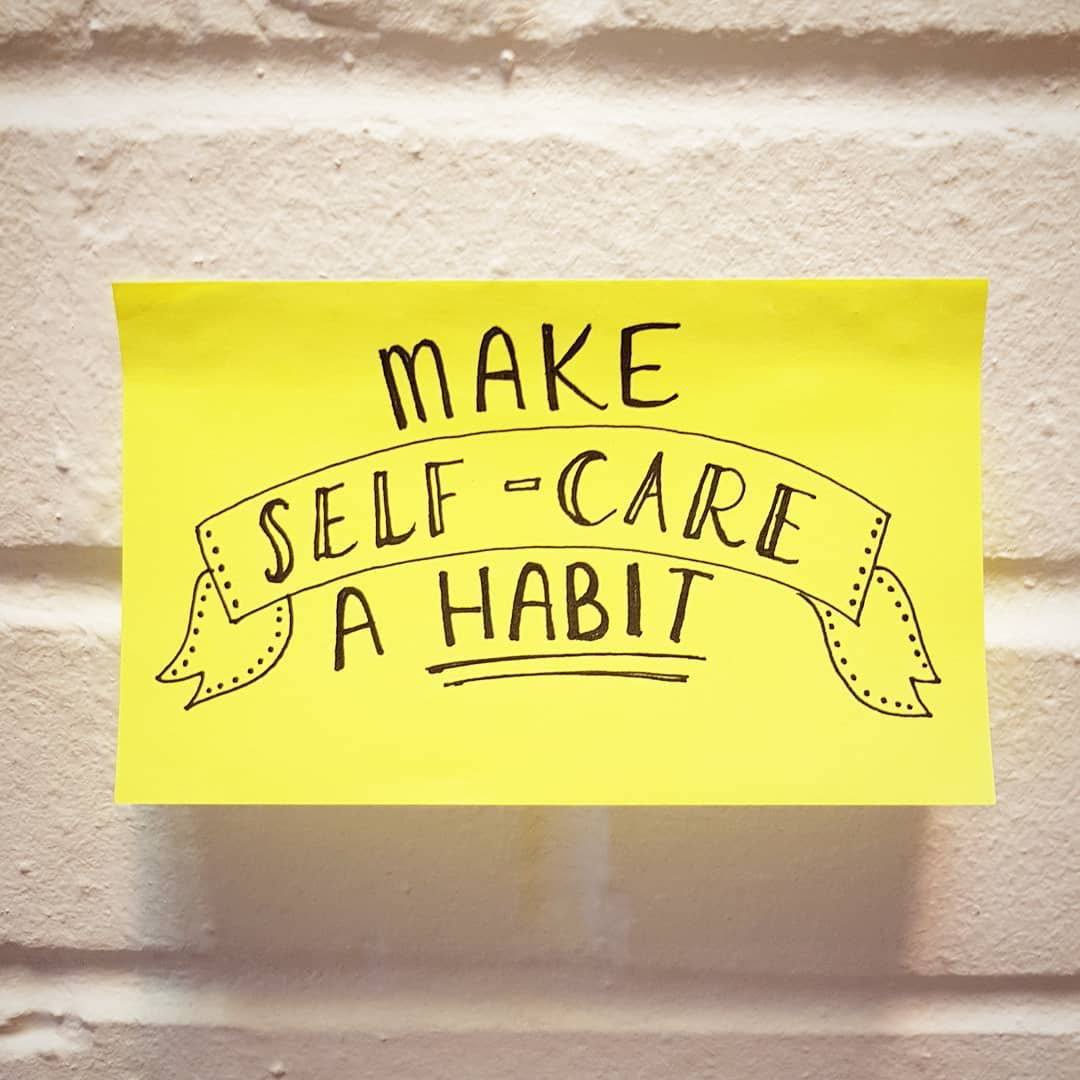Topics mentioned: money and mental health, inpatient care, family, friends
About: Many of us are feeling the effects of the cost-of-living crisis. Two of our bloggers share their experiences, the impact on their mental health, and tips for talking about money.
My advice would be to reach out to someone you trust and not to suffer in silence.
Struggling with money is nothing to be ashamed of
Sophie, 20
Although working a full-time job as a 20-year-old girl, the cost-of-living crisis has seriously affected me. I'm constantly counting down the days until payday, extending my overdraft (on multiple occasions), requesting an advance on my pay and occasionally have a second job on the side just to get by.
I have a complicated relationship with my parents so I don't receive financial support from them. Every time I ask for an advance on my pay, I feel so ashamed and embarrassed.
The combination of the stress of the cost of living alongside my mental health conditions resulted in me having to go into an intensive psychiatric hospital under section for two weeks. Although it was daunting, I've come out with much more hope for the future.
I'm constantly counting down the days until payday.
If you're struggling, you are not alone. Many people are struggling right now, so my advice would be to reach out to someone you trust and not to suffer in silence.
To find out more about how the cost-of-living crisis is affecting young people, I interviewed my friends, 'H' and 'J', who are both studying at university.
How has the cost of living affected you?
H: Living as a student during the cost-of-living crisis is extremely stressful. I’m constantly worrying about using too much heating or electricity and budgeting for food. It causes arguments with my housemates, because we have different levels of money to spend on things like electricity.
J: I'm very lucky in the sense that I lived with family and only paid a small amount of rent (in comparison to others) and did my own food shop. But seeing my family struggle and the ripple effects of the arguments, negativity and toxicity caused within the household recently led me to move out. This was to protect my own mental health. It could be seen as selfish and will change my financial situation, which is scary, but you always need to do what’s best for yourself.
It causes arguments with my housemates, because we have different levels of money to spend on things like electricity.
Do you have any advice to help others look after their mental health?
H: If you are struggling, it is so important to reach out and talk to those around you. The cost-of-living crisis is affecting everybody. So, chances are that the people around you are experiencing similar feelings. From my own experience, reaching out, talking about how you feel and getting advice from others gives you comfort and betters your mental health. It’s a reminder that you are not alone.
J: My advice would be to connect with other people. It builds a sense of belonging as well as emotional support for yourself and others. Whether that’s just sending someone a text or even meeting a friend for coffee. Another thing that helps me with my mental health is creating something. Put your favourite music on and just explore what you can make. Creativity is such a fantastic way to express trapped emotions in a safe way and be authentically you without using words.
Creativity is such a fantastic way to express trapped emotions in a safe way.
What would you tell someone who is scared to talk about money worries?
H: Even though it can feel daunting to reach out to friends and family about money worries, keep in mind that your parents have probably had money struggles in their lives at some point too. They can understand what you're going through.
J: Struggling with money is nothing to be embarrassed or ashamed about. Having conversations with people you trust will build a support network going forward. It’s a great opportunity to get advice from people who have or are in similar situations.
Having conversations with people you trust will build a support network going forward.
How the cost-of-living crisis affects me
Sophie, 16
I find the cost-of-living crisis stressful. I always hear my family talking about it and how much it’s affecting them, with the electric and water bills going sky high. I spend all my breaks and lunches in college looking for paid jobs to help my family cope in this crisis.
My friends also mention just how much they’re struggling to get a job to help as well. It can be so incredibly stressful, whether you have a job or not. This current cost-of-living crisis will affect us all, but the impact will be felt by those who were already struggling to make ends meet.
I spend all my breaks and lunches in college looking for paid jobs to help my family cope in this crisis.
How I look after my mental health during the cost-of-living crisis
How do we look after ourselves during such a difficult time? There are many ways to help ourselves feel better and calmer without needing to spend money.

Instagram artwork by @youngmindsuk. A yellow post it note sits on a white wall with a hand written note of 'make self-care a habit'.
- Practise breathing techniques (the more you try, the easier it’ll get).
- Have a daily routine, such as making your bed every morning to help motivate you.
- Speak online with friends or meet up with friends or family for a walk.
- Put all your favourite songs in a playlist.
- Watch movies or TV shows that make you feel good about yourself.
- Journal and write down your emotions.
- Donate unwanted items to others in need.
- Be around understanding people - this is a big one! Make sure you surround yourself with friends and family who validate you.
- Be gentle and calm with yourself.
Write down your feelings in note form or paragraphs, so you can plan what you want to say.
How I talk about money worries with family and friends
Having conversations about money with anyone can be stressful and difficult. Here are some tips to make it a little easier.
- You may be able to schedule a meeting or sit down in a quiet area.
- Keep communication open, so you can always ask questions whenever you need to.
- Meet as often as you would like; it doesn’t have to be just the once.
- Try not to lecture your family and/or friends.
- Don’t be afraid to set limits and boundaries when talking.
- Try not to rush into judgement. Rushing to judgement could make them feel defensive and uncertain about making any decisions surrounding money.
- Write down your feelings in note form or paragraphs, so you can plan what you want to say before stressful situations and conversations like these.
It’s more important than ever to look for opportunities to get together with others and find a way to have fun, express yourself, and boost your mental and physical wellbeing.
Feeling worried sometimes, especially in difficult situations such as the cost-of-living crisis, is normal. But if you’re feeling overwhelmed and unable to cope, it’s so important to reach out for help.
Find a way to have fun, express yourself, and boost your mental and physical wellbeing.
More information and advice
We have tips and advice to help you find the support you need. Take a look at our guides.
Where to get help
However you're feeling, there are people who can help you if you are struggling. Here are some services that can support you.
-
National Careers Service
Provides information, advice and guidance to help young people make decisions about learning, training and work.
Webchat available via the website homepage.
- Opening times:
- 8am - 10pm, 7 days a week
-
Childline
If you’re under 19 you can confidentially call, chat online or email about any problem big or small.
Sign up for a free Childline locker (real name or email address not needed) to use their free 1-2-1 counsellor chat and email support service.
Can provide a BSL interpreter if you are deaf or hearing-impaired.
Hosts online message boards where you can share your experiences, have fun and get support from other young people in similar situations.
- Opening times:
- 24/7
-
Tellmi
Formerly known as MeeToo. A free app for teenagers (11+) providing resources and a fully-moderated community where you can share your problems, get support and help other people too.
Can be downloaded from Google Play or App Store.






